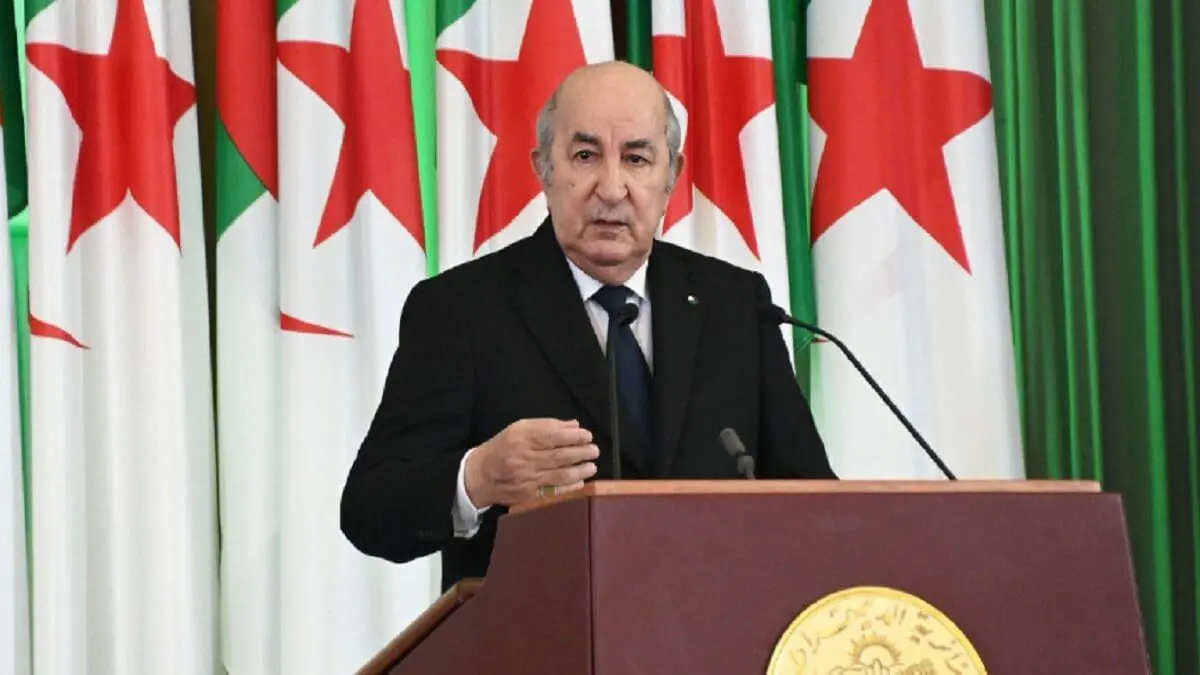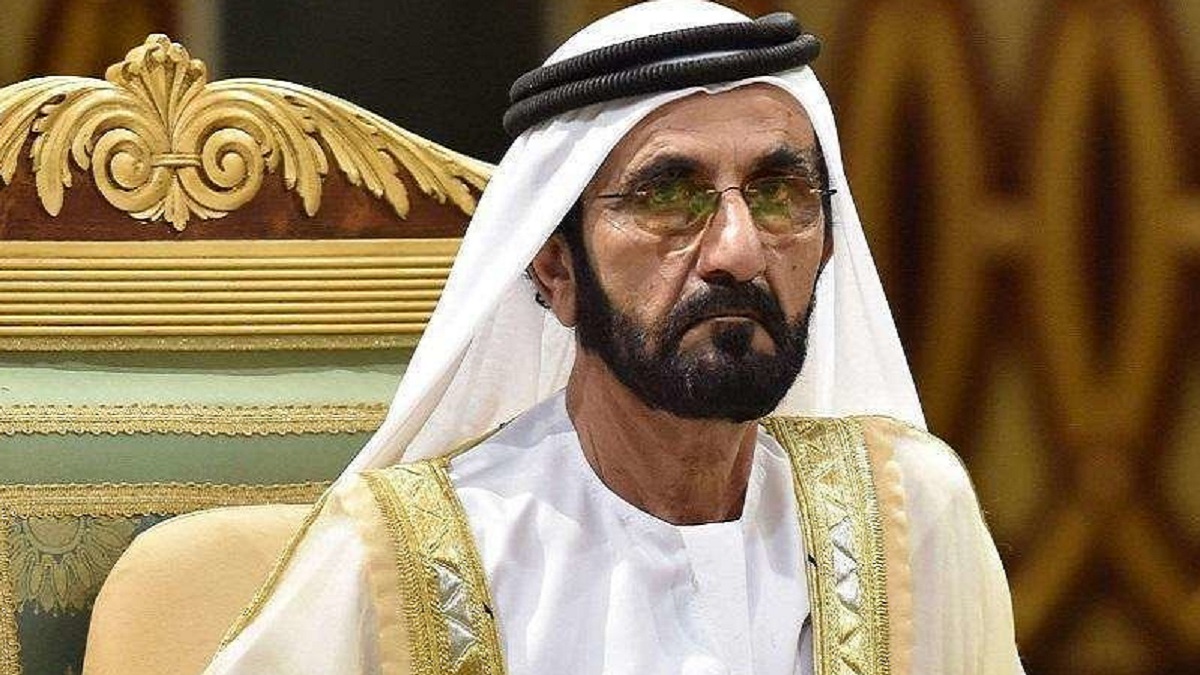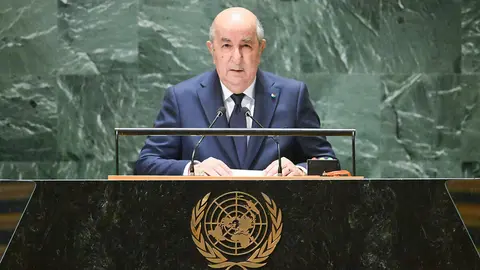Algeria announces sanctions against the UAE

Algeria continues to base its national economy on the Sahara issue. After taking action against Spain over Madrid's support for Morocco's plan for the region, Algiers has decided to announce economic sanctions against the United Arab Emirates. This decision, as with Spain, will harm the Algerian economy, as these sanctions will obstruct Emirati investment in Algeria.
Specifically, the Algerian authorities have sanctioned the Société des Tab acs Algéro-Émiratie (STAEM) and the exclusive distributor of Philip Morris in Algeria, according to Maghreb Intelligence, which also notes that the Sahara issue continues to hold the Algerian economy "hostage".
These measures against the Emirates are in retaliation for Abu Dhabi's support for Moroccan ownership of the Sahara, as was the case with Madrid. Following Spain's political turnaround on the Sahara, Algeria stopped the supply of gas to Spain through the Maghreb-Europe gas pipeline (GME) and banned all imports from the Iberian country, destabilising a number of Algerian companies that depended on materials from Spain.
In addition to the two sanctioned entities, the Algerian Ministry of Justice has banned the creation of notarial deeds between Algerian and Emirati companies, as announced after the meeting of the Algerian High Security Council (HCS). This body, which brings together the president and leading figures of the Algerian military and security elite, has been convened more times by Abdelmadjid Tebboune than by all Algerian presidents combined since independence.

This, according to Maghreb Intelligence, is "undeniable proof" of Algeria's increasing militarisation, which is tending to turn it into a quasi-military junta.
On the other hand, these inopportune economic measures destabilise the few foreign investors, who are forced to submit to arbitrary administrative decisions depending on the Algerian state's assessment of each country's position on the Sahara issue.

Moreover, this decision against the Emirates further worsens the delicate ties between Algiers and Abu Dhabi. At the end of December, the Emirati authorities drew up a list of Algerian personalities who are forbidden to stay on national territory. The blacklist includes journalists, politicians, civil servants and former high-ranking Algerian government officials.
Abu Dhabi is taking this step after an Algerian media campaign against the Emirates, which has even been accused of pursuing "a hostile and manipulative policy against Algerian interests".










